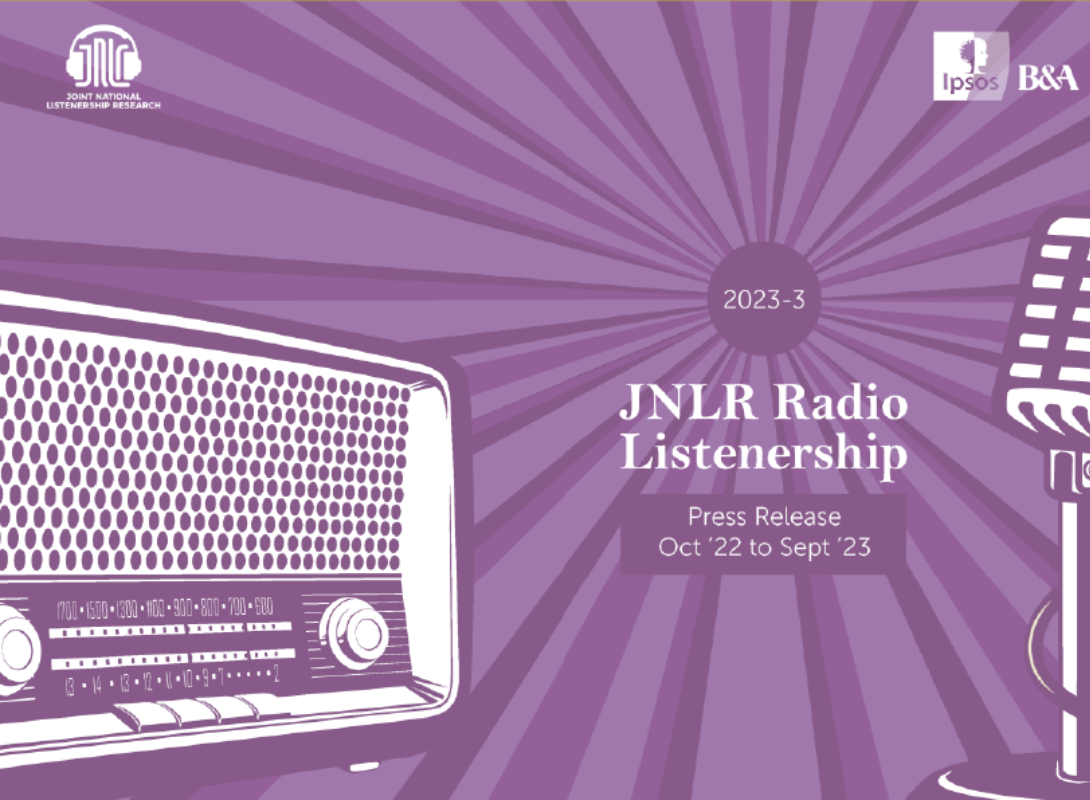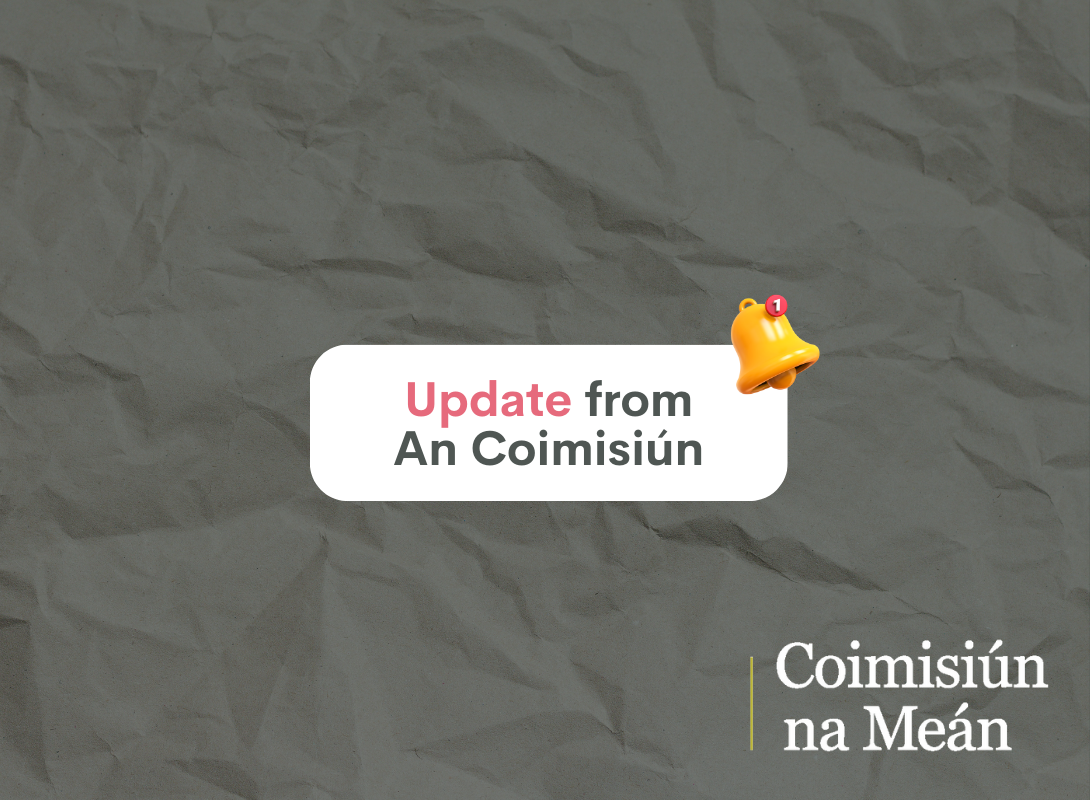Groups representing children and young people to provide input into draft Online Safety Code consultation
Coimisiún na Meán, Ireland’s new body for regulating broadcasters, on-demand services, and online media, and supporting media development, has today (19.12.23) held the first meeting of its new Youth Advisory Committee.
The Committee has been established to assist and advise Coimisiún na Meán in relation to its online safety functions and other matters. It currently comprises representatives from nine national youth groups and nine individual young people under 25 years of age. An Coimisiún will be consulting with the Committee on the draft Online Safety Code and related guidance materials, which were released for public consultation on 8th December last. The draft Code sets out specific measures that video-sharing platforms will be obliged to implement to keep their users, especially children, safe online. This includes protecting children from harmful content, such as cyberbullying; online content that promotes or encourages a feeding or eating disorder; online content that promotes or encourages self-harm or suicide, as well as illegal content such as incitement to hatred or violence, child sex abuse material and non-consensual intimate image-sharing.
Commenting, Online Safety Commissioner, Niamh Hodnett said: “Our online safety framework will hold online services accountable for how they protect their users. Being online can bring huge benefits to young people, but they can also encounter a wide range of harmful content or behaviour.
“In putting in place online safeguards for children and young people, it’s important to hear their experiences online and their views on what we are proposing. It is vital that we hear directly from digital natives to ensure that the measures we put in place under our first Online Safety Code actually help to create a safer online environment for children and young people. We look forward to engaging with the Youth Advisory Committee and to getting their input in these important rules.”
In establishing the Youth Advisory Committee, Coimisiún na Meán invited organisations representing children and young people under 25 years of age to nominate a representative and a youth member to join the Committee. The organisations that have been invited to the inaugural Committee are:
- BeLong To
- Children’s Rights Alliance
- CyberSafeKids
- Irish Traveller Movement
- ISPCC
- National Parents Council
- National Youth Council of Ireland
- spunout
- Webwise
Ms Hodnett added: “In establishing the inaugural youth advisory committee, we wanted to capture the views and experiences of a wide range of children and young people. We are delighted with the representative group we now have. We are always open to hearing from other organisations representing young people that would be interested in joining the Committee and contributing to its work.”
The Committee will meet again in January, to discuss the draft online Safety Code and draft Guidance Materials.
ENDS
Media contact: Joanne Ahern, DHR Communications, Tel: 087-9881837, Email: media.cnam@dhr.ie.
All other queries: Coimisiún na Meán, 01-6441200.
About Coimisiún na Meán:
Coimisiún na Meán is Ireland’s new commission for regulating broadcasters, on-demand services and online media, and supporting media development. Established in March 2023 under the Online Safety and Media Regulation Act 2022, it builds on the work of its predecessor, the Broadcasting Authority of Ireland. It is responsible for ensuring and maintaining a thriving and diverse media landscape in Ireland that facilitates a mix of voices, opinions and sources of news and current affairs, as well as a safe online environment.
Its responsibilities are to:
- Oversee the funding of and support the development of the wider media sector in Ireland.
- Oversee the regulation of broadcasting and video-on-demand services.
- Develop and enforce the Irish regulatory regime for online safety.
About the Youth Advisory Committee
Section 19 of the Online Safety and Media Regulation Act 2022 provides that Coimisiún na Meán must establish a Youth Advisory Committee within one year of establishment. The Committee includes representatives from organisations representing children or people of not more than 25 years of age, nominated at the invitation of An Coimisiún. At least half of the members of the Youth Advisory Committee must be 25 years of age or younger.




